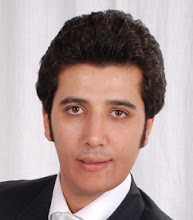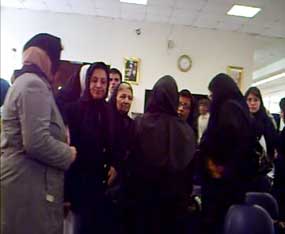Activation of “Passive Defense” in Sensitive Areas

Gholamreza Jalali, the head of Islamic Republic’s Passive Defense Council said, “By the end of the year, passive defense mechanism would be activated in all provinces and sensitive areas in the country.”
Following this news and Jalali’s remarks, the National Passive Defense Council’s news office added, “The Majlis tasked the government to cover vulnerabilities in the country’s infrastructure (in face of a potential military strike against Iran) in the Fourth Development Plan and we have devised guidelines based on that. According to these guidelines, a deputy is assigned in every executive organization as that organization’s passive defense representative. In all executive organizations the requisite planning in this regard has been implemented.”
In military language, Passive Defense is referred to the totality of structural and infrastructural measures taken to minimize damage from a potential enemy attack and reduce the enemy’s precision and targeting capabilities, thus imposing higher costs on the enemy. As such, factors such as concealment, camouflage, deception, division, dispersion and protection are emphasized in passive defense.
Passive Defense has become among the Islamic Republic’s defense plans, and according to the head of the National Passive Defense Council, “The council’s first priority is to disperse passive defense capabilities in the provinces.” He added, “We hope to activate passive defense measures in all of the country’s provinces and sensitive areas by the end of the year.”
Noting the reduction in damages from a potential military attack, Jalali stressed that “research and the implementation of programs aimed at reducing organizational vulnerabilities” and while cautioning the necessity of defending such targets as nuclear centers, radio and television, the Interior Ministry, provinces, Ministry of Energy, Ministry of oil, Ministry of Communications and the central bank, said, “210 projects have been briefed for these organizations. We also have good plans for safeguarding nuclear facilities.”










